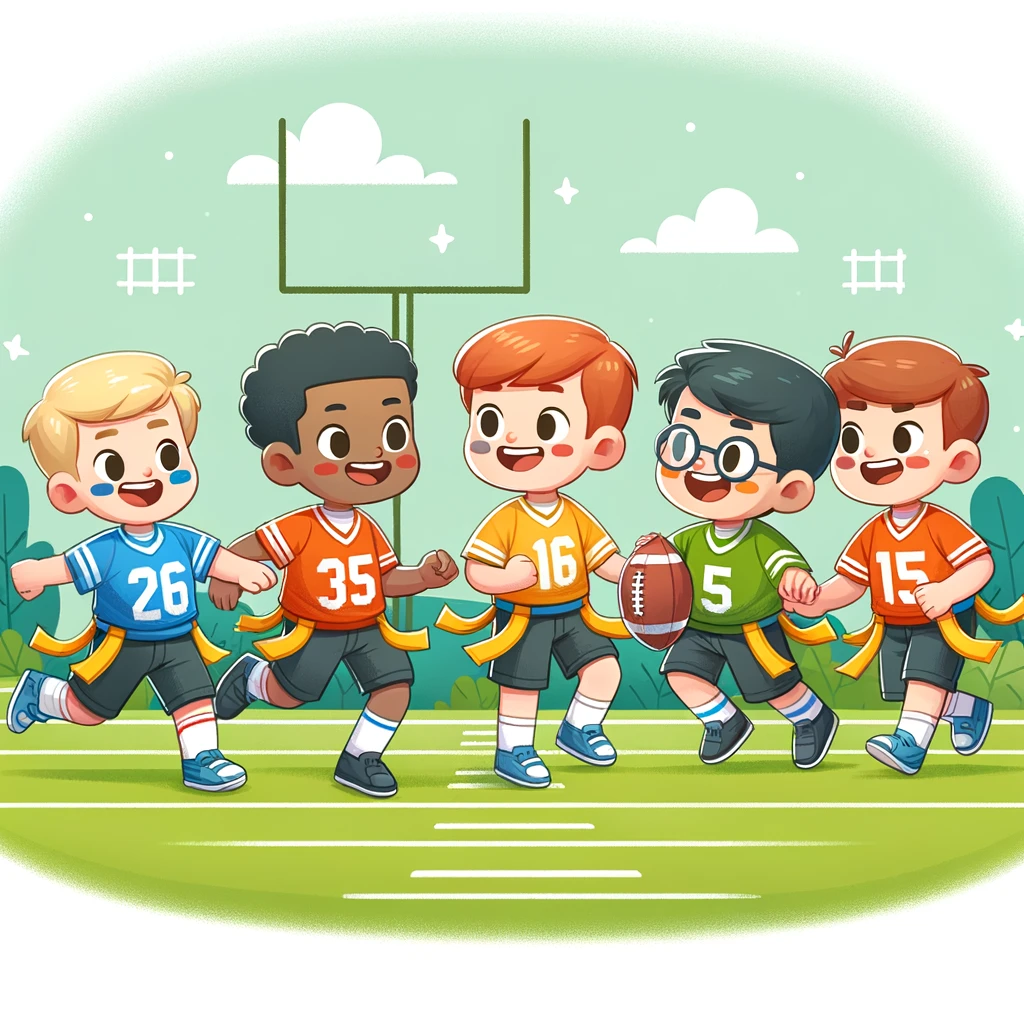Motivational Communication Skills for Youth Flag Football Coaches

Understanding the Impact of Positive Communication
Coaching youth flag football isn’t just about teaching the fundamentals of the game; it’s about inspiring and motivating young athletes to enjoy the sport and improve themselves. Effective communication is key to achieving this. As a coach, your words and actions have a profound impact on your players, shaping their attitude towards the game, their teammates, and themselves.
Establishing a Positive Environment
Start with Empathy
Understand that each player comes with their own set of abilities, challenges, and backgrounds. Acknowledge their efforts and progress, rather than just focusing on winning or skills. This builds trust and shows that you value them as individuals, not just as athletes.
Use Positive Reinforcement
Positive reinforcement is a powerful tool. Praise good efforts, improvements, and sportsmanship as much as, if not more than, skillful plays or victories. This encourages players to continue putting forth effort and fosters a positive team environment.
Set Realistic Goals
Help players set achievable, personal goals. This gives them a sense of direction and purpose in their training and matches. Celebrate when these goals are met, and provide constructive feedback to help them grow.
Effective Communication Techniques
Be Clear and Concise
Young players can easily get overwhelmed by too much information. Keep your instructions clear and simple. Use demonstrations wherever possible to visually communicate your points.
Listen Actively
Encourage Team Communication
Give your players your full attention when they are speaking. This shows respect for their opinions and feelings, and can provide valuable insight into their experiences and needs.
Foster an environment where players feel comfortable communicating with each other. Team discussions and feedback sessions can build camaraderie and help players learn from each other.
Dealing with Challenges
Addressing Mistakes
When a player makes a mistake, frame it as a learning opportunity. Avoid criticism that targets the player’s character or ability. Instead, focus on what can be learned from the situation.
Managing Emotions
Teach players to handle winning and losing with grace. Encourage them to express their emotions in a healthy, respectful way. Be a role model in how you handle your own emotions during games and practices.
Final Thoughts
As a youth flag football coach, your role is crucial in shaping the experiences of your young athletes. Through motivational communication, you have the opportunity to instill a love for the game, promote teamwork, and encourage personal growth. Remember, the lessons you impart on the field can impact these young players far beyond the game.


